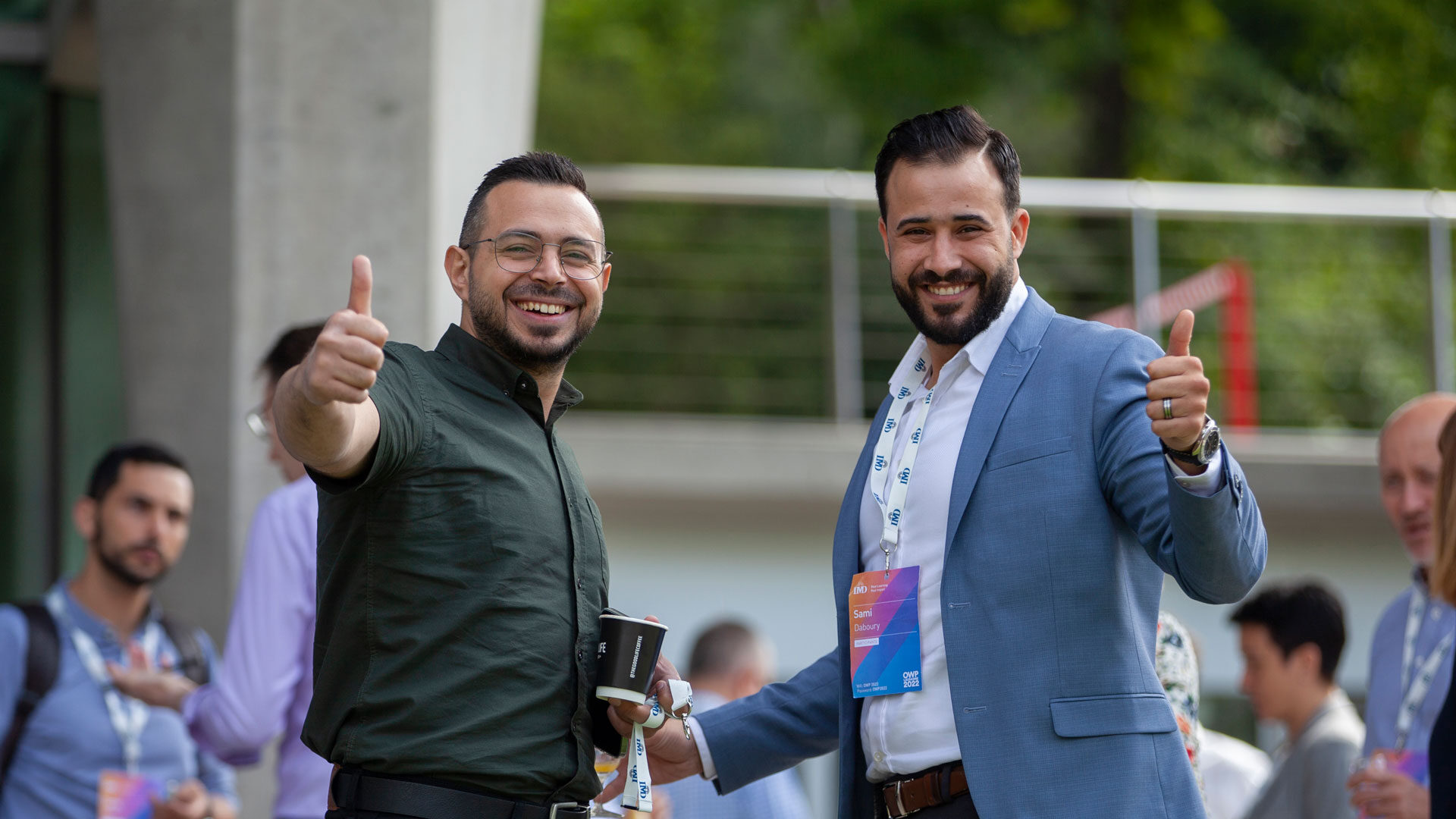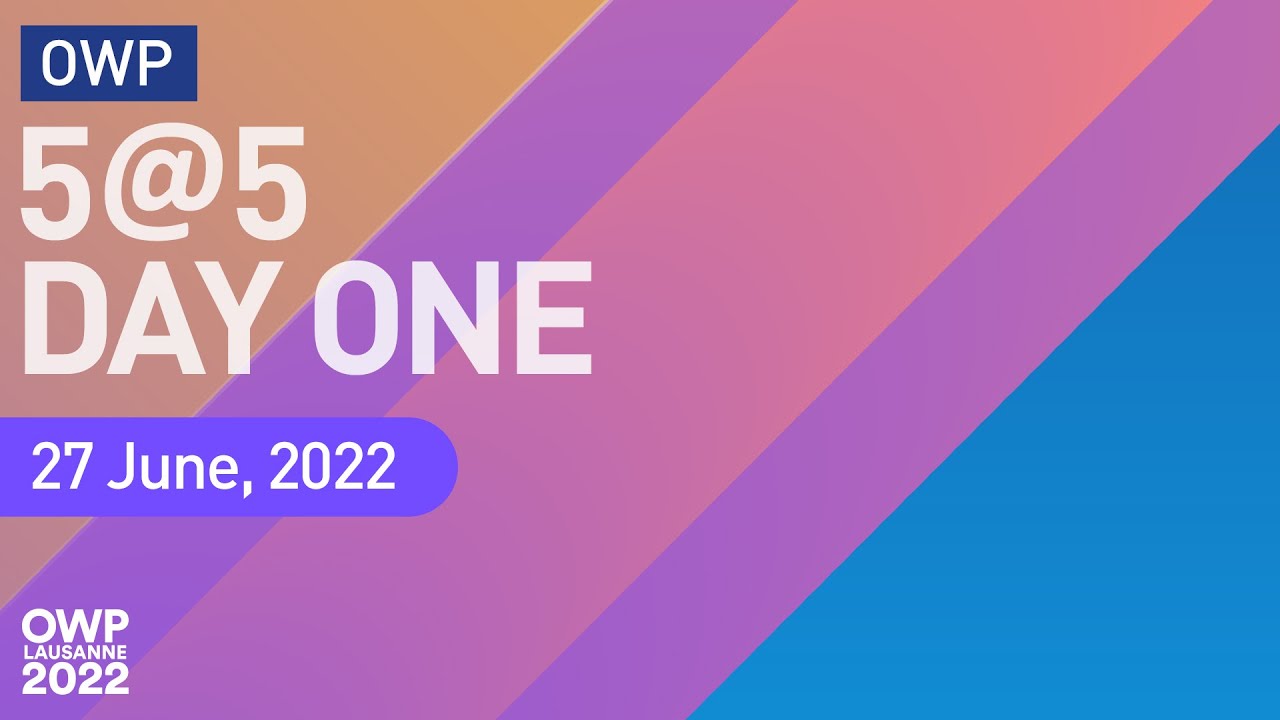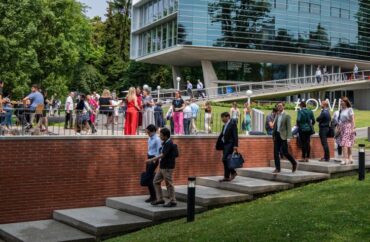
One of the major ongoing concerns for business is how to effectively execute digital transformation. Professor of Strategy and Digital Transformation Didier Bonnet advised participants to work on their corporate mindset to unblock the obstacles that many face in changing business models and cultures.
In his session, “Unlocking value pools with digital”, Bonnet said most companies that manage to deliver successful digital transformations see the process as both a “positive sum game” and a “boundary breaking game”.
“We are in a world today where the boundaries are very porous, and this boundary extension game has massive growth potential,” he said.
“Because you can change everything with a digital transformation, it’s really important to pick your battles. If you are too scattered, it’s not going to be a success.”
OWP, short for Orchestrating Winning Performance, is IMD’s signature program, which brings together executives from diverse sectors and geographies for a week of intense learning and sharing with IMD faculty and business experts. The Lausanne 2022 edition has attracted about 450 decision-makers to grow their networks and explore the latest thinking on today’s critical business challenges and opportunities.
Less guesswork, more crisis management power
Nothing is predictable and little should come as a surprise anymore, argued IMD Professor of Finance Arturo Bris in his keynote, advising OWP participants to ramp up their capacity for crisis management and to focus on hard economic statistics to prepare for whatever might come next.
Drawing on the colourful example of the nightmare antagonists of A. A. Milne’s fictitious bear Winnie The Pooh, Bris compared the pandemic to the “heffalump” and the war in Ukraine to a “woozle”.
“The pandemic and the Ukraine are neither black swans nor grey rhinos,” he said. “No one could have predicted them, and yet our role as executives is to predict the future – where does that lead us?”
He urged organizations to expand their teams of “firefighters” to build in greater resilience against random shocks, and to accept that humans are not always competent when it came to predicting the future. This would go some way, he said, towards helping companies and business leaders chart a course into the future.
Look beyond your horizons to open up your business
Professors Mark Greeven and Patrick Reinmoeller combined their expertise to encourage participants to broaden their geographical horizons to transform their organizations into more “open” enterprises that move at greater speed, operate with more resilience and adaptability, and innovate more effectively.
Drawing on several examples from around the world, Greeven and Reinmoeller told the story of China’s Geely, which reinvented itself from a fridge maker into a leading car manufacturer, and Japan’s Kyocera, which reimagined its business by breaking itself down into small units, or amoebas.
“We need to pay attention to cases that are not from the West,” Reinmoeller said. “There is so much else going on in the world that we need to learn from.”




